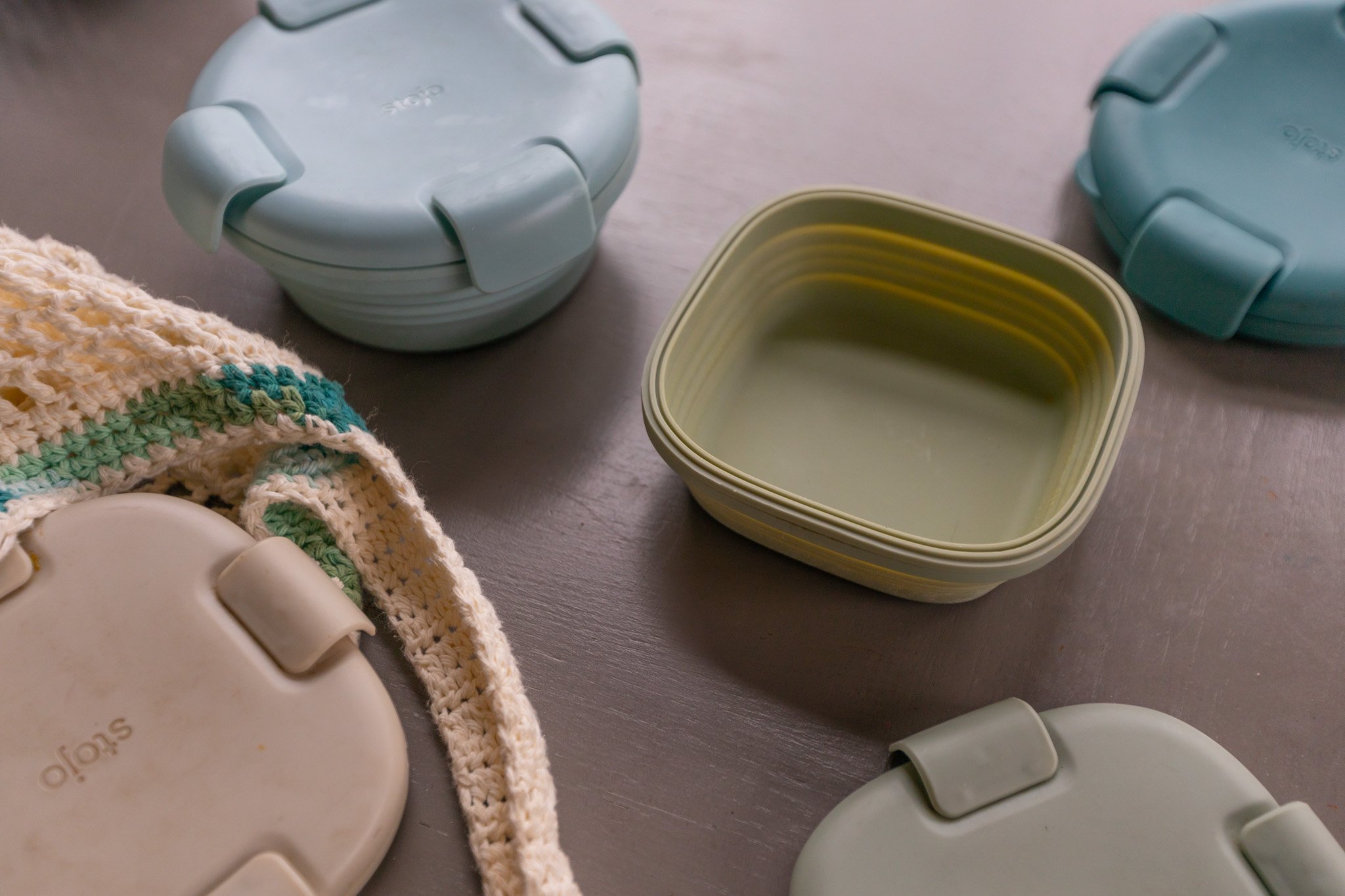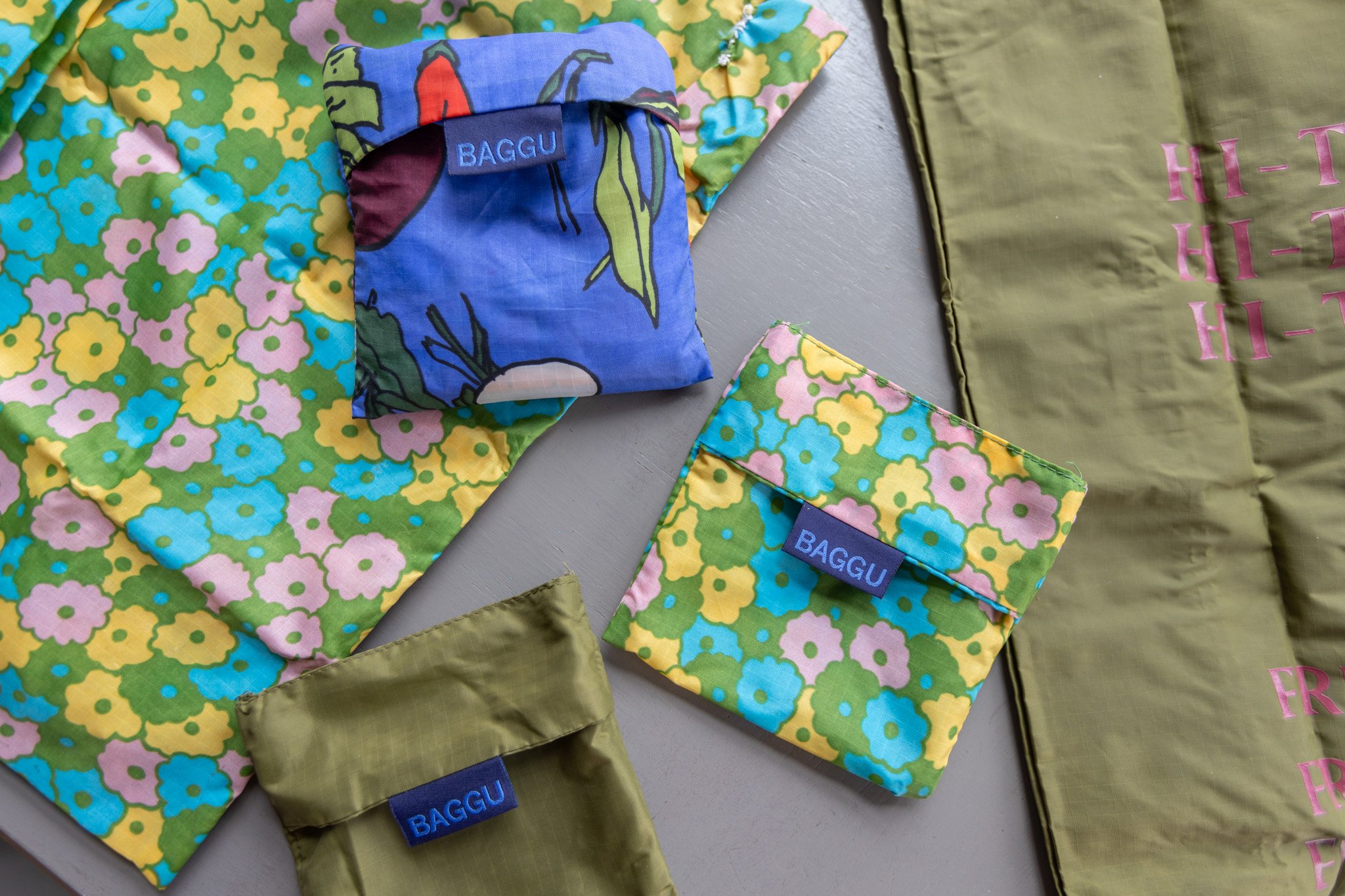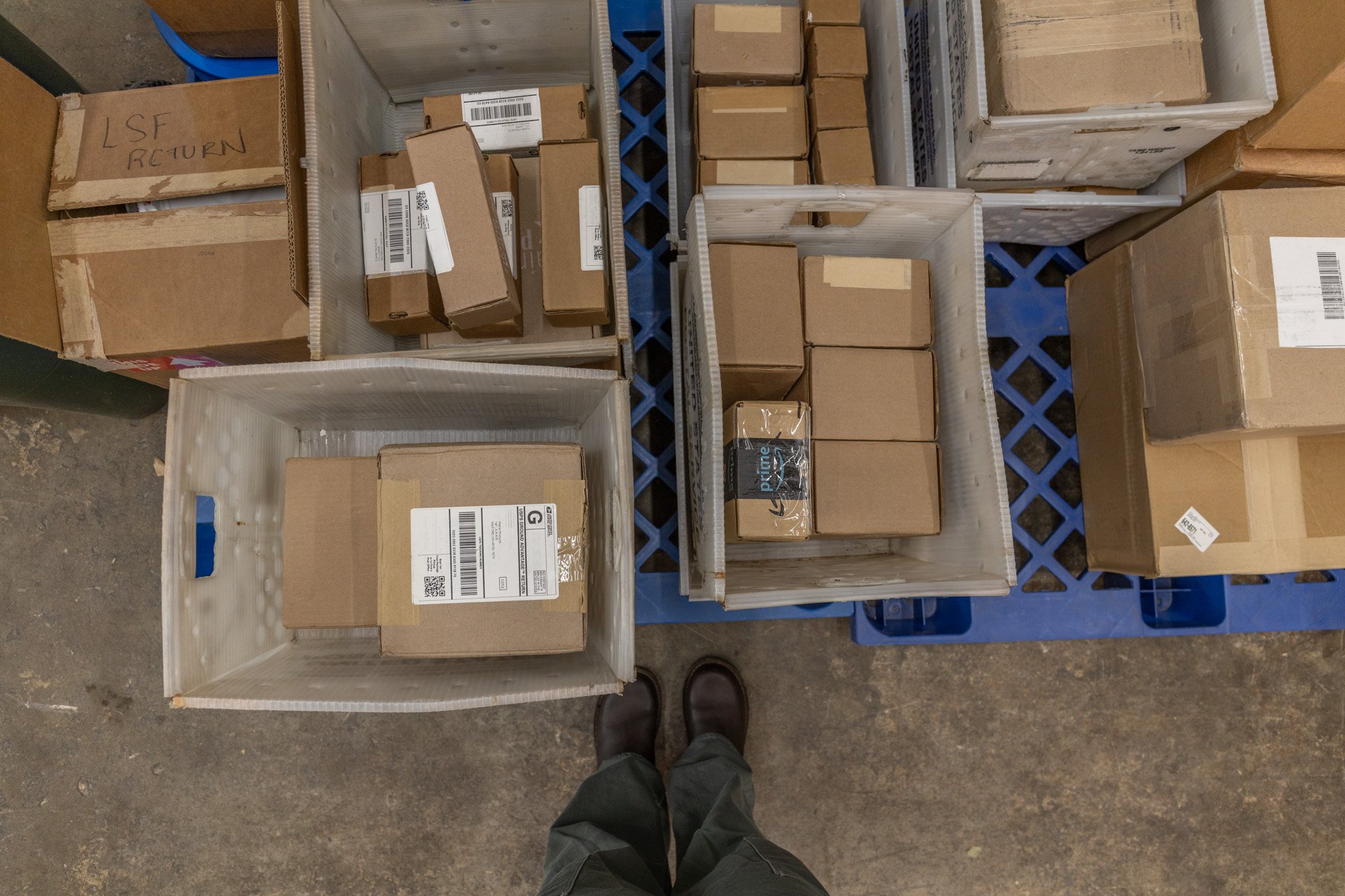What even is The Zero Waste Movement?
How is it possible that I’ve been creating content for over 4 years and I am only just now talking about the root of this movement: what even is zero waste?
I guess it’s because I rarely get this question and it came up a lot in 2023. People are angry at me that I don’t produce literally zero waste and that the words are misleading. It might look that way, but it’s not. So, let’s dive into the zero waste movement: what is it? When did the movement start? Where is the movement going?
What is zero waste?
According to Wikipedia, “Zero waste is a set of principles focused on waste prevention that encourages redesigning resource life cycles so that all products are repurposed and/or reused. The goal of the movement is to avoid sending trash to landfills, incinerators, oceans, or any other part of the environment.”
Basically what it boils down to is to reduce as much as possible sending items to the landfill and instead reuse, recycle, compost, reduce, refuse, donate, and so forth. So it’s not about producing literally zero waste because reusing and recycling count! This means you can safely use soda cans, cardboard boxes, and anything else you will reuse. But, recycling is a broken system that is really just a bandage, perhaps I should dive into that in a future post.
The other big part of the definition that people seem to forget is that it’s about changing the system, not necessarily our own actions. Of course, when possible, we should change our actions to be more earth-friendly, but we can only do so much. We can only work with what we have access to. For example, in the rural US, most folks don’t have access to recycling, composting, bulk stores, or other things of that nature. That means you can’t really do a ton to reduce your own personal waste from going to the landfill, so the focus should be on creating systemic changes in your region. This should also take place in regions that already have recycling, composting, etc. because we’re never perfect as a society and can only continue to progress.
But, zero waste has changed over the years…
When did Zero Waste start?
Put your guesses in the comments because it took me by surprise! The modern zero waste movement (not to be confused with the broader environmental movement) began in the 1980s! According to Green Matters, the phrase “zero waste” itself is most often linked to Daniel Knapp. His idea of total recycling and salvaging what we have already created is kind of how the movement was born. It was slow going. I assume you, like me, thought it was a more recent movement, and that’s when it truly began to gain popularity with the rise of social media in the late 2010s.
As you can see from its origins, zero waste really began with a focus on political, systemic changes, not necessarily the individual. That’s where the narrative really flipped in 2014. Lauren Singer from Trash is for Tossers and creator of Package Free Shop and The Simply Co went viral in 2014 for fitting 2 years’ worth of trash in a 16oz mason jar. This truly was the first time the world had seen an individual take on zero waste, at least, to this scale.
The zero waste movement, quite frankly, was toxic until very recently, probably around COVID-19. This was a period of self-blame for the waste crisis and pointing fingers at other individuals for not recycling, for creating too much trash, for eating meat, and for driving a car. I’m sure many of you remember this time unless you’re new to the movement. I’ve never cared much about what other people think of me, so their words during this time didn’t mean much to me. But, I was my own worst critic. I didn’t allow myself to eat my favorite foods because they came in plastic. I made it my mission to fill every second of my day making all my own foods to prevent every scrap of waste I could think of: hummus, peanut butter, milk, butter, mayonnaise, granola, juice, and more. I gave up on my favorite hobbies because they used some plastic. I didn’t buy any brand new clothes even though most thrift finds didn’t fit me all that well living in Japan. I would avoid parties, cookouts, and gatherings due to the waste I would create using a paper plate or drinking a soda. When I say it was toxic, it was toxic.
Zero Waste Today
Thankfully, that mindset rarely exists…though I still get off-the-wall comments every now and then from haters saying I’m not doing enough. 2020 really was a turning point for the world for so many reasons, but one of them was the environmental/zero waste movement. Even before 2020, many of us were trying to rebrand zero waste or even abandoning the language altogether due to the toxic mindset associated with it. Now, I’d like to say, this is no hate to Lauren. I really don’t think she meant to cause this toxic mindset with her activism, because that is truly what the jar was all about: activism, starting a conversation.
Around 2019-2020 was when we all started to use and see different phrases being thrown around, most of them synonymous with zero waste: low waste, low impact living, eco-friendly living, earth-friendly living, slow living, and much more. To me, they’re all still synonymous. Even though zero waste is still technically about sending zero waste to the landfill, that really isn’t what the movement is about anymore.
Zero waste is about doing our best with what we have. If we don’t have access to an EV, recycling, composting, a bulk store, public transportation, vegan food, whatever it may be, we find other ways to live an eco-life.
Zero waste is about changing the system, voting, signing petitions, and pressuring our governments to help us have access to these more eco things.
It’s about collective action. One person like Lauren drastically reducing their waste from the landfill is great, of course, but the planet as not been saved since she started doing this. What we need is everybody trying just a little bit (or a lot) and not one person doing it all.
Zero waste has become a broader environmental movement. I remember when it was all about plastic and all about physical waste. It is now so much more. It’s about invisible waste in the form of emissions. It’s about regenerative agriculture. It’s about pollution. It’s about conservation, Land Back, and renewable energy, demanding our governments declare a climate emergency and stick to their climate goals.
When people “call me out” for using an iPhone or still having to drive a car, this is what I want to tell them. Yes, I use Zero Waste as a search term since it’s most likely to be searched over any of those other names I mentioned previously, but I also use Zero Waste still because the movement truly has changed.
Zero Waste for me
I suppose I’m technically not zero waste, sorry to burst your bubble. But, even Lauren Singer isn’t perfect. No one is. I am so happy the movement has changed and I’m so happy I have changed. The pressure I put myself under to try to reduce every scrap of waste was immense. This was also during a time when I was working full-time, doing social media part-time, AND going to school part-time. I had no hobbies, no free time.
Now, I have free time and enjoy spending time crocheting, reading, and playing video games (learn more about low-waste hobbies in this post). This is a huge improvement for my mental health and I don’t feel as stressed. And honestly, I don’t think I’m creating all that much more waste than I did when I was focused on every piece of trash I made. Believe me, I’m still a conscious consumer and do my absolute best to reduce as much waste as possible, but within reason. If it interferes with my physical or mental health (I am also chronically ill and cannot make every swap or am too ill to make stuff homemade), I don’t do it.
Of course, it was not an overnight change. It’s taken literal years to break these toxic mindsets. I constantly remind myself that climate change is not my fault and that one candy bar or snack in plastic isn’t causing the pollution crisis.
This is a very nuanced topic, I get that, especially as someone who preaches that our small actions matter. I’m not saying they don’t matter. I think our small positive actions matter and make a huge difference when multiplied by myself making that change for years and years or by encouraging others to make that change. I still think our negative actions matter, too. What I mean is, that trying 10%, 50%, or 90%, is better than trying 0%. You don’t need to give 100% to make a difference, though you can if you want. But, if you can’t give 100% you don’t need to sweat it.
I hope that all makes sense, that you for sitting through this nuance with me. I know not a lot of people are willing to do that.
Zero Waste in the Future
While the movement has come a long way since the 1980s and even since 2014, we still have a ways to go. I still all too often see people pointing fingers at one another. While there is always room for personal improvement, we are not each other’s enemies. The enemies are wasteful corporations, billionaires, and our governments. Oops, that sounds a bit conspiratorial. What I mean is that they’re the ones in charge, right? They’re the ones making the laws, mandating recycling or refusing to do anything about it, the ones lobbying for oil or for green energy, the ones flying private jets across LA, the ones not investing in green infrastructure. The person on the internet that you see drinking cow’s milk or using an iPhone is not the problem.
I’m talking in circles here, but I just need to say it again: our small actions matter, good or bad. Make as many good changes as you can, but you do not have to be perfect. Your one wasteful action a day or a week is not causing climate change.
It is so much more valuable to channel our energy and time on bigger changes that corporations and governments can make such as recycling, waste reduction on a much larger scale, declaring climate emergencies, and much more. Because at the end of the day, we have to partake in these wasteful systems. Until they make it easy to recycle, easy to compost, easy to hop on a train or a bus, easy to bike or walk, easy to find and use bulk stores, we can only do so much with what we have.
So, keep doing your best, keep encouraging one another, but be kind. Don’t blame your neighbors when they may not have access to eco swaps, they might not be able to make eco changes, or they might simply not know about them. Something we need to keep out of the eco movement is assuming that everyone has the time, energy, money, capacity, and ability to do all the swaps and changes you make. For example, I’ll bet most of you didn’t know I was chronically ill until today which prevents me from being 100% zero waste. Not only should you be kind to one another, but stop judging them, you don’t know their whole story.
Thank you so much for reading along, I truly appreciate your time.
As always, remember that your small actions make a big difference in the long run :)
Emma










